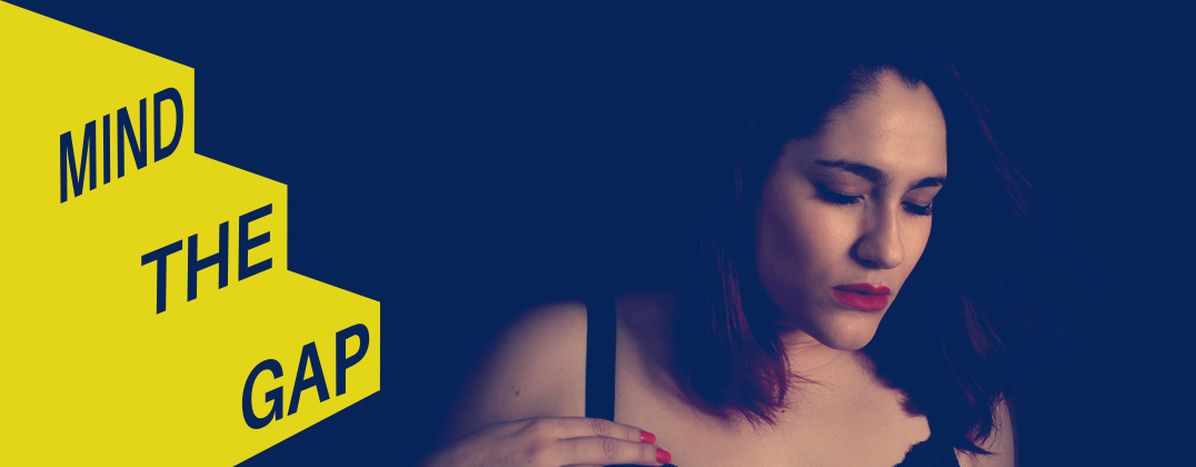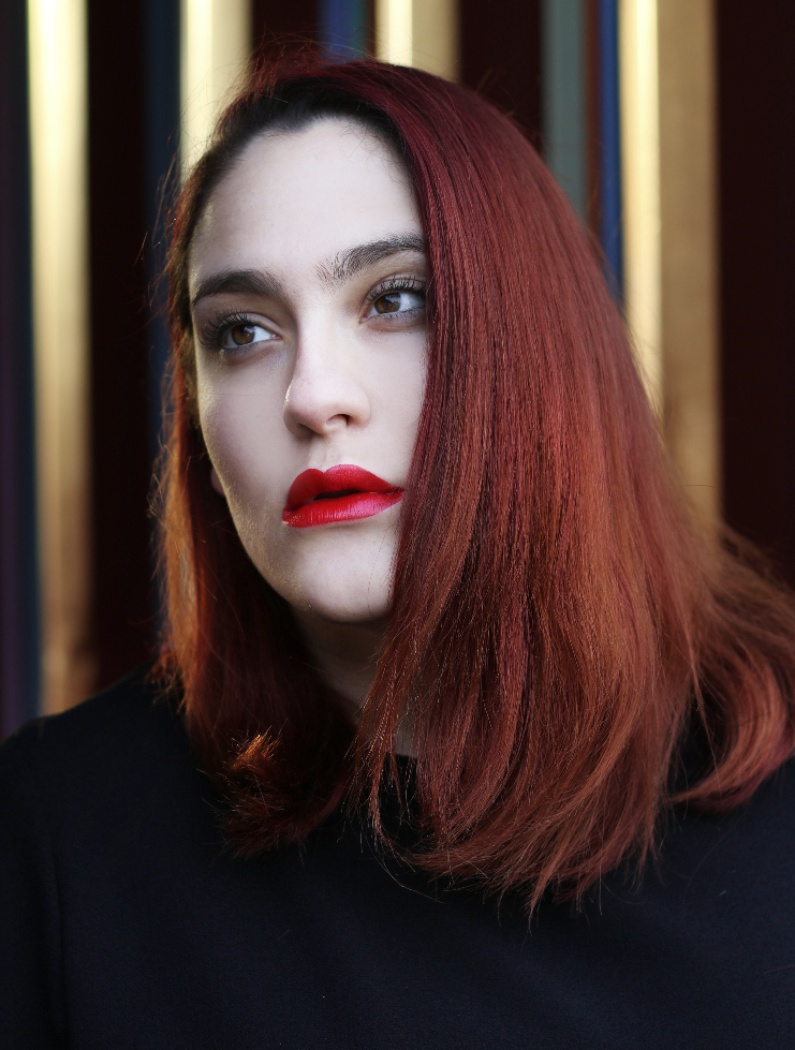
Ana Pizarro: "We've a long way to go before a fat woman on the front page isn't news"
Published on
Translation by:
 Hazina Cain-Houston
Hazina Cain-Houston
She's a photographer and talla grande activist that, through her blog The Duchess, works to normalise the concept of the "plus-size" woman. Through this, she seeks to bring an end to what she refers to as "fat-phobia". Mind The Gap heads to Spain for an interview.
Ana Pizarro began blogging six years ago, but it was in 2012, through her personal blog The Duchess, when she became known to the public at large. What brought her to start the project was the motivation to "give a vision of fashion that at that point didn't prevail on the Internet.
"It was about inciting other women to wear what they felt like wearing, leaving to the side the typical clichés that keep us from being able to wear the clothing that we like, such as wearing black or not wearing prints. What pains me is that there are articles that promote this type of limitation, and then claim that they're in favour of women's liberation. It's counterproductive," she notes.
In addition, she has recently embarked on a new project: The Big Duchess, a blog on the SMODA website of the Spanish newspaper El País, where she continues along the lines of her personal blog. She started off studying fashion and pattern design but didn't like the dynamics of it, and just like that, left it to study photography. Pizarro wants to contribute a different vision of fashion that, from her point of view, "shouldn't be exclusive", but rather integrated.
"We've a long way to go before a gorda [fat woman] on the front page isn't news, and we don't continue to allow the media to treat women as objects," she remarks. As to those who use a feminist approach: "I think that there's a general fear of defining oneself as a feminist because lamentably, one will fall under the label of 'feminazi', when all that we're asking for is gender equality."
 Pizarro also starred in the advertisement "I wish I could wear" for Amazon Fashion UE's campaign last November, in which she represented the collective "curvies" and spoke her mind about breaking stereotypes and the prevailing canon of beauty.
Pizarro also starred in the advertisement "I wish I could wear" for Amazon Fashion UE's campaign last November, in which she represented the collective "curvies" and spoke her mind about breaking stereotypes and the prevailing canon of beauty.
"One doesn't have to have any reservations about accepting herself," she says in a forceful manner. "I'm fat, period. I don't need to define myself with terms that seem acceptable to everyone else, mostly because I have to stand up and accept myself the way I am."
She also admits to not being "very much in accordance with the image that the 'curvy' movement has in Spain". In this sense, she shows that although in the beginning, terms like gordibuena [good-fat] or fofisana [healthy-flabby] didn't displease her, she thinks that people should be done with using these types of labels, since "praising these meanings only incites the creation of a new stereotype. It's a dynamic that I prefer not to enter because it ends up being exclusive, and doesn't help with normalisation at all."
Likewise, she explains that the expression "plus-size" has helped go some way to help visibility, but in the long run doesn't help the normalisation process. "It means dividing women by sizes, and implies that we fat women are from another planet," she argues. "We are women just like the rest. We are all real; what's not real is the stereotype that supposedly represents us."
It's about "promoting a variety of bodies and sizes" to contribute to advancing society when it comes to this topic. "Pointing beauty in the direction of promoting thinness is terrifying," Pizarro argues. "The magnitude of the influence that this has on young people when it's not true scares me."
She says that in high school, she was constantly judged for her physique, but likewise assures us that she doesn't like victimising herself. "I feel like a grown, mature woman, and I don't need anyone to save me from sullying my own reputation," she explains, "Love for oneself is the most important thing that one can have, and it's with that that we move towards true acceptance."
She defends the importance of education in the home as much as in school, to "promote personal acceptance" and fight against bullying.
---
Mind the gap presents #Sheroes, a series of portraits about young Europeans who advocate gender equality and campaign against discrimination.
---
Mind the gap: Changing the conversation about gender equality
Translated from Ana Pizarro: "Aún queda mucho para que una gorda en una portada no sea noticia"


